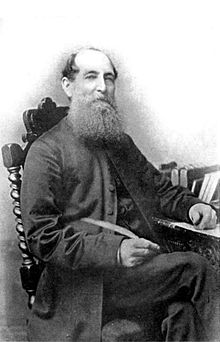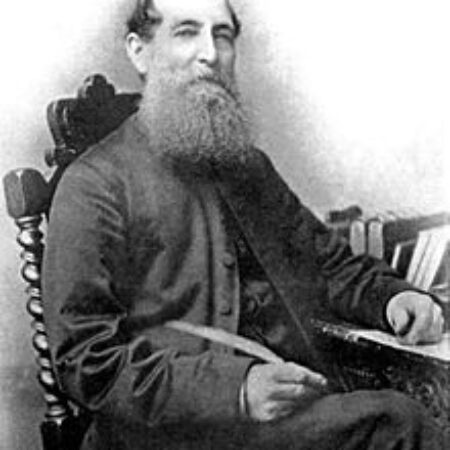I am currently reading a book about the work of the Missionaries among the Māori in the early and mid 19th century. Be warned! You might hear snippets from that history in future sermons. As more and more settlers poured into New Zealand, the missionaries tried to persuade Māori not to sell too much land. They advised them to seek not so much short-term gain, but rather look at long-term outcomes. In 1854 one of the missionaries, Thomas Grace, published a pamphlet in te reo Māori. It was addressed to Māori chiefs and asked them to carefully consider any land sales by viewing the land from a biblical perspective. Phrased along catechetical lines with Scripture references for answers, it counselled Māori not to part with land. The general theme was that the Israelites had a law governing the land: that it belonged not just to the parents but to the children, and that it was a gift from God.
He said: ”The goodness of your land is equal to the land of the Israelites. Let you, the fathers of the Māori, consider these words according to the Scriptures that you may work justly to your children.”

Thomas Grace picked up an important Old Testament theme in this pamphlet. The biblical view of the land was indeed that it was a gift that came with responsibilities. It was an inheritance that had to be used responsibly inter-generationally and socially. In contrast with the Canaanite view, in which the land was seen as a commodity, and in contrast with the Egyptian view, in which the land was the estate of the Pharaoh on which peasants laboured and from which overseers gained their wealth, the Old Testament regarded land as a good gift entrusted to the family for the community. Land formed the economic basis for this agrarian people, their most valuable “possession”. And yet that “possession” was not to be held tightly, insisting on one’s property rights, but rather in trust. What would it be like to not hold our belongings tightly because we have earned them through hard work or good management, but rather to hold them as stewards of what has been entrusted to us? What would it be like to be thankful for what we have been given, even if others may have more?

